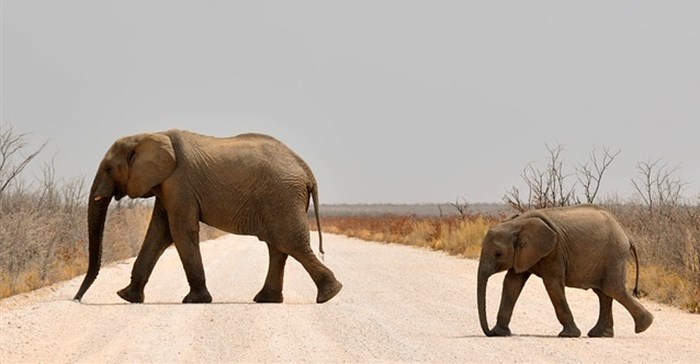A change in attitude toward elephant riding
After years of advocacy and investigation, the National Council of SPCAs' efforts to reveal the truth behind elephant rides or elephant-back safaris is paying off through public awareness, pressure, and impact.
Manager of the NSPCA’s Wildlife Protection Unit, Inspector Isabel Wentzel, believes that factors influencing tourists (especially from overseas), tour operators and public opinion generally include the NSPCA exposé of cruel, inhumane and totally unacceptable training methods in South Africa. “Until we published photographs and irrefutable evidence that this was happening in our own country, there was a misunderstanding. It was generally thought that such methods were only used in Asia. Not so. From then on there was a ripple effect and a general reaction against elephant riding which continues and the consequences are now being felt by the industries who operate them.”
Many tour operators will no longer bring tourists to reserves where elephant-back safaris take place. This appears to be a general movement against elephant riding as it is now commonplace that tour operators determine whether such activities take place before making bookings.
“Money talks. When bookings are lost on ethical grounds because of people’s recognition that an activity is simply not acceptable, change does occur. We know that other facilities offering elephant riding are being adversely affected.”
The NSPCA policy is that wild animals belong in the wild. Travel publications and airline magazines were approached to explain that there is no quick, easy or humane way to “train” elephants to accept humans riding them, nor to “tame” wild elephants often forcibly removed from their herds, in itself inhumane and unacceptable. The NSPCA shall remain steadfast on this issue and will continue to motivate ethical tourism and humane practices.







































